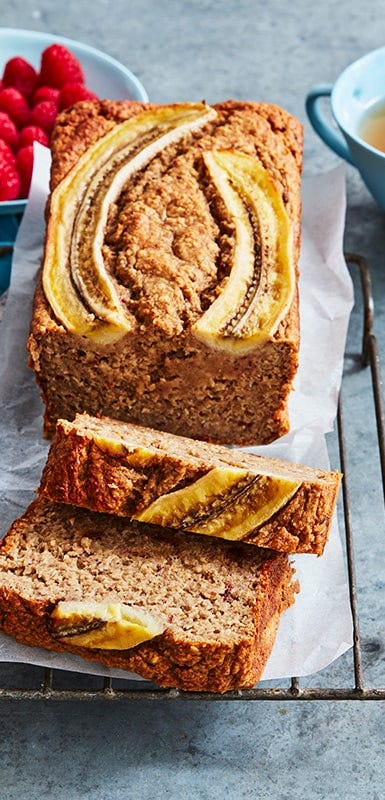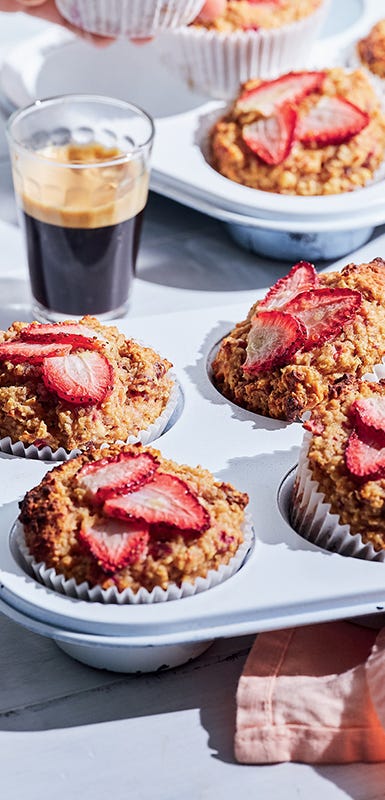Weight-Loss Blog: Healthy Living Tips and Tricks | WW Australia
[{"type":"span","children":[{"text":"Join now"}]}]
Make this your best year yet! Get up to 50% Off*
LIMITED TIME OFFER!
Join nowWeight-loss resources for every body
If weight loss is what you want, WeightWatchers is what you need! Learn how we can help you lose weight and keep it off.
Healthy lifestyle changes that lead to weight loss
We believe that small behaviour changes lead to sustainable weight loss. You won't find quick fixes or fad diets here!
Healthy recipes you'll want to eat on repeat
At WeightWatchers, no food is off limits—except boring, bland meals. WeightWatchers is here to support your journey with over 7,000 delicious recipes to lose weight featuring the food you love.
Explore WeightWatchers programs for better health
Our weight-loss program is tailored to you. Learn how we can help you make healthier choices everyday.
Create simple, healthy meals at home
Looking for delicious ways to spend your Points Budget? We have 7,000+ recipe ideas to explore. Check out some of our latest recipe collections for some inspo.
Weight-loss tools and expert advice
Find your BMI and upskill your knowledge about weight-loss science with advice from our experts.
Make better food choices every day
Looking for healthy eating tips that you can action now? We make nutrition science simple to understand.
Diabetes advice
We’ve broken down the science into what you need (and want) to know! Learn more about one of the world's most common chronic conditions to make your life less complicated.
Health & Wellbeing
Learn how to develop skills that will help you shift your mindset for longterm weight-loss success.
Practical ways to get active
Whether you’re looking to get started or wanting to step it up, follow our workouts and exercise ideas.
Get 50% off 12 month plans*
Make this your best year yet!
*On Core membership & Workshops 12 month plans only. See terms.






























